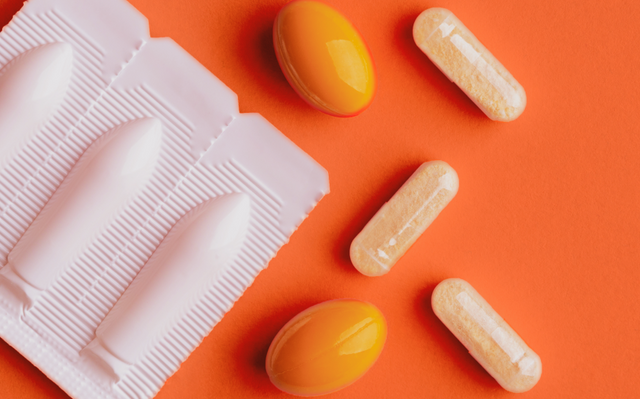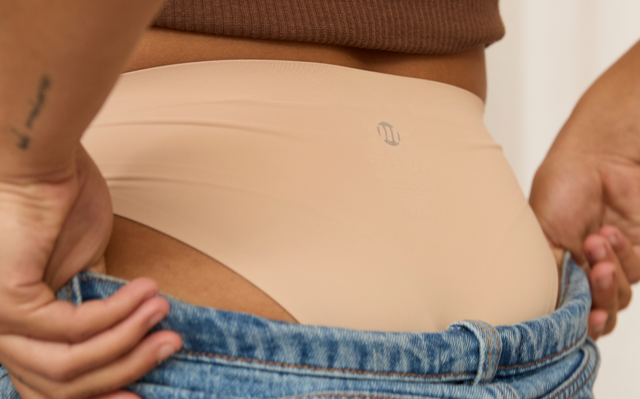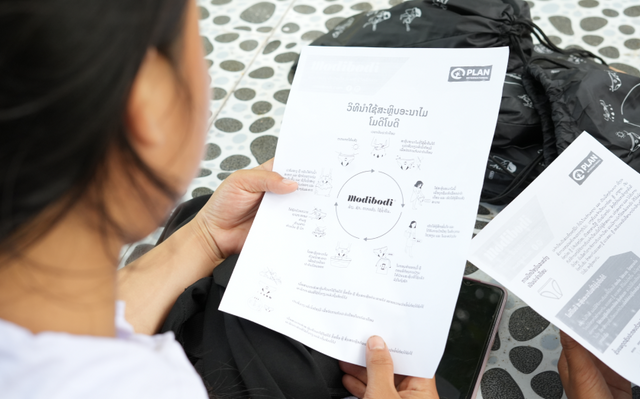Been feeling a bit itchy or irritated down there lately? This could be your vagina’s way of telling you that things are a little off balance. Symptoms like itching can be a sign of vaginal thrush or even other types of infection, so it’s important to get onto it as soon as you can – the earlier an infection is treated, the sooner it’ll be out of your life.
Thrush is common, like, really common. It’s so common, 75% of people with vulvas will get thrush in their lifetime. But what causes vaginal thrush? How can you tell if you’ve got it? And how is it treated?
We sat down with fertility expert and gynaecologist Dr Raewyn Teirney to answer all of these questions, plus bring you a few extra pearls of thrush-busting wisdom.
What is vaginal thrush?
Vaginal thrush is caused by an overgrowth of yeast called candida. In particular, Candida albicans – though sometimes other yeasts are involved too.
“We actually have a little bit of candida in our vagina all the time,” Dr Teirney says. “We have over 200 different organisms in our vagina – possibly even up to 500.”
It’s when the natural balance of bacteria in the vagina is disrupted, that we can run into problems.
“When the environment in the vagina changes, we can get an overgrowth of bacteria like candida,” Dr Teirney explains.
People of any gender and age can get thrush, though it’s most common among 15- to 50-year-olds.
What causes vaginal thrush?
So we know that thrush is caused by an overgrowth of candida, but there’s a few different things that could be to blame for this breeding ground for the candida:
- Taking medication, such as antibiotics and steroids
- Hormonal changes prompted by menstruation or pregnancy
- Weakened immunity due to being run down or pregnant
- Some illnesses like diabetes, iron deficiency and the human immunodeficiency virus (HIV) infection
- Hygiene practices like douching and washing your vagina with soap
- Wearing non-breathable underwear too tight or for too long
Thrush is not a sexually transmitted infection, so sex isn’t a cause. But sexual activity could make thrush symptoms worse – just something to keep in mind.
What are the symptoms of vaginal thrush?
Having thrush can be pretty uncomfortable. Some key symptoms to watch for include:
- Vaginal discomfort, itching or burning
- Redness or swelling of the vagina or vulva
- Thick, white or creamy discharge that might look like cottage cheese
- Stinging or burning while weeing
- Pain during sex
How can I treat vaginal thrush?
First things first: if you suspect you have vaginal thrush, speak to your doctor. It can be easy to mistake thrush for other conditions, like herpes or bacterial infections. Your doctor will be able to diagnose what’s going on, sometimes with an examination or a swab – always be open if you feel uncomfortable at any point. It’s totally normal and nothing to be embarrassed about.
“If you’re getting thrush frequently, your doctor may also test for diabetes or other diseases with an autoimmune factor condition,” Dr Tierney adds.
Thankfully, treating thrush is relatively simple. It’s just a matter of purchasing some over-the-counter medication.
“Your doctor will probably recommend an antifungal cream and tablet as a combination treatment,” Dr Tierney says.
You can also buy creams to ease any itching or soreness – just ask your pharmacist.
We don’t yet know if changing your diet can help to thwart thrush (research is ongoing), but Dr Tierney says it’s worth a try.
“I say to all my clients if they get thrush – follow a low-yeast diet and really get your sugar down,” she says. “I recommend cutting back on alcohol because it’s sugary and can suppress your immune system as well.”
Why do I keep getting thrush?
If candida is indeed the culprit and your thrush keeps coming back, or you get it more than 4 times a year, your doctor can provide advice for managing your symptoms and preventing future infection.
In the meantime, try these tips for keeping thrush at bay:
- Change your undies daily and wash them on a hot cycle
- Wear breathable undies made from natural fibres, like the bamboo viscose ones from our Classic and Sensual collections
- Change out of activewear, wet clothes and bathing suits as soon as possible (candida loves a sweaty groin)
- Avoid tight-fitting clothes like jeans and stockings to keep things easy and breezy down there
- Only wash your vagina with water and gently wipe to dry
- Avoid scented toilet paper, menstrual products and perfumed vaginal sprays
- Don’t douche*
- Try fragrance-free laundry detergent and ditch the fabric softener
- Wipe from front to back after using the toilet
- Always wash your hands before touching your vagina
- Wash thoroughly after anal sex and change to a new condom before having vaginal sex
- Avoid taking antibiotics unless you really need them
- If you have diabetes, try to keep your blood sugar in check
*The practice of douching (cleaning out the inside of your vagina) is not necessary. According to Dr Tierney, it tends to do more harm than good.
Dr Tierney tells it like it is, “The idea that we need to douche is just wrong,” she says. “You’re going to change the microbiome environment in the vagina and that may lead to candida overgrowing and causing thrush.”
Happy vagina, happy you
Now that you know what causes vaginal thrush and how to nix it, we hope you feel more confident about getting to the doctor and giving your symptoms the boot.
Just remember – annoying as thrush can be, it’s also super treatable. So put your health first and lock in that doctor appointment pronto.
Fancy some further reading? Why not swing by our blog for more health-related info, tips and tricks.








